Brexit: What is in Boris’ deal and will there be an election?
Boris paused his deal after MPs rejected his timetable. What’s in the bill and what happens now?
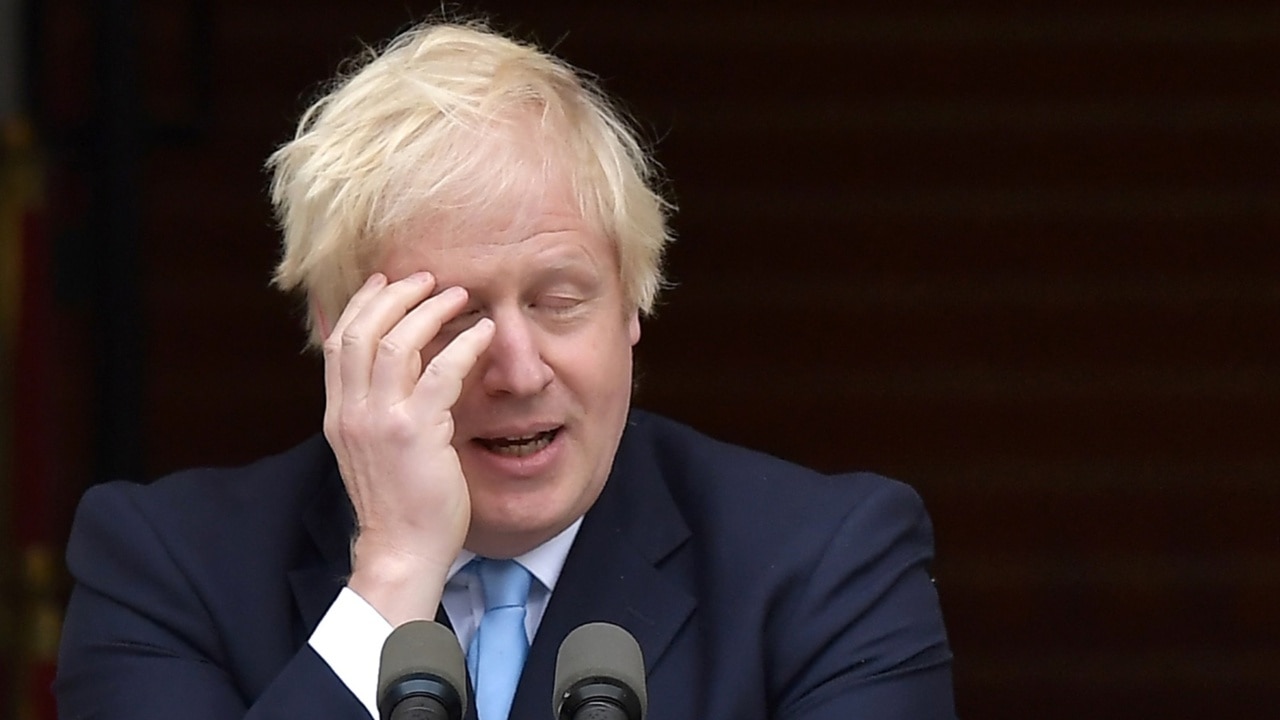
British MPs have agreed to Boris Johnson’s Withdrawal Agreement Bill but rejected his fast track timetable to ensure the UK leaves the EU by October 31. Most MPs said three days wasn’t long enough to examine the 115 page bill which contain measures that could split the fragile coalition of MPs prepared to vote for his deal.
Mr Johnson’s response was to put a pause on the bill, and he has threatened to call an election if the Commons decide to delay it until January.
What is in the WAB deal and can Mr Johnson’s third attempt at calling an election succeed?
Extension of transition period
MPs are concerned about this part of the document, saying it raises a new threat of no deal in a year’s time. Clause 30 gives MPs the right to veto an extension. But there appears to be no way for MPs to force ministers to press for an extension. This is important because while the transition period was initially two years, delays mean that it is due to run out at the end of December 2020. Cabinet members fear it will be impossible to secure a trade deal in such a short space of time.
MPs who oppose leaving the EU without an agreement are likely to try to change the default position so that an extension is automatic unless parliament says otherwise. They were alarmed by comments made by the Brexiteer Tory MP John Baron last week when he said: “If the trade talks are not successful up to December 2020 then we could leave on no-deal terms.”
This has led to fears that ministers are saying one thing to anti-no deal rebels while making contradictory assurances to hard Brexiteers.
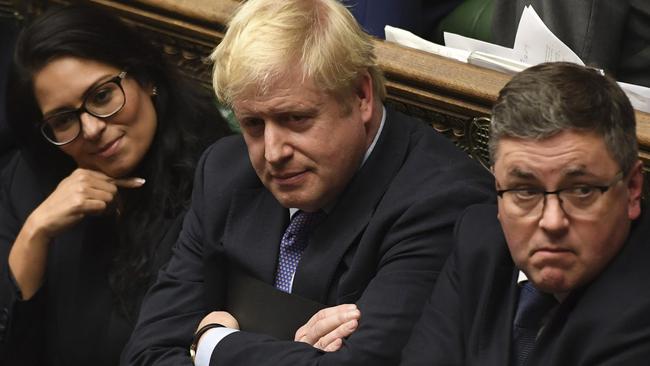
European Communities Act
The bill makes clear that the EU will continue to have supremacy over British law after the official Brexit date. In part this sets out how the transition period will work. Clause 1 repurposes the 1972 European Communities Act, ensuring EU law applies.
While this was always likely, it still risks upsetting Brexiteers. Perhaps as a sop to them another clause, which legal experts have suggested achieves no practical purpose, sets out that parliament is sovereign. Clause 29 gives the committee chaired by Sir Bill Cash, the European scrutiny committee, a role in considering new EU legislation during the transition period.
MORE: Boris puts deal on pause | Janet Albrechtsen writes: Brexit about our liberties | All the Brexit news and analysis
Future relationship with the EU
The bill sets out that MPs will have a role in shaping talks on the future relationship and must approve the government’s negotiating objectives beforehand.
Clause 31 narrows MPs’ scope to change the direction of talks by stating the government’s objectives must be “consistent with” the Political Declaration, which sets a course for a free-trade agreement. This would rule out Labour’s preferred customs union. Parliament will also get a vote on the deal establishing the trading relationship.
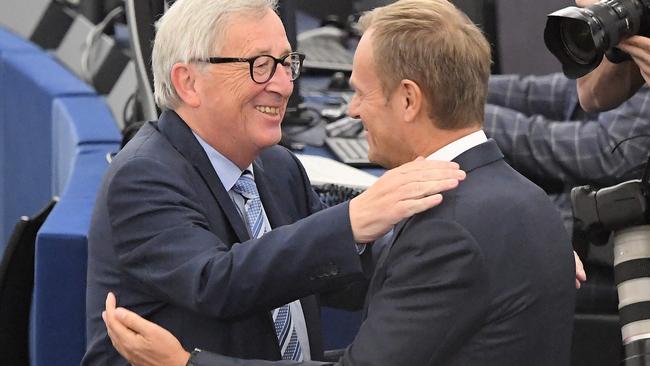
Constitutional reform and governance act
The Act requires any treaty to be laid before the Commons for 21 days before it can be ratified. A clause in the act would remove that need, helping ministers as they try to ensure the UK has left by Hallowe’en.
Joint committee
A joint UK-EU committee will oversee relations and resolve disputes but the bill gives little detail of how it will work. Mark Francois, a Eurosceptic, has previously demanded greater parliamentary scrutiny over the “extensive powers” of this body.
Northern Ireland
The bill legislates for one of the most controversial aspects of the deal; that Northern Ireland would remain in the UK’s customs territory but follow EU customs rules.
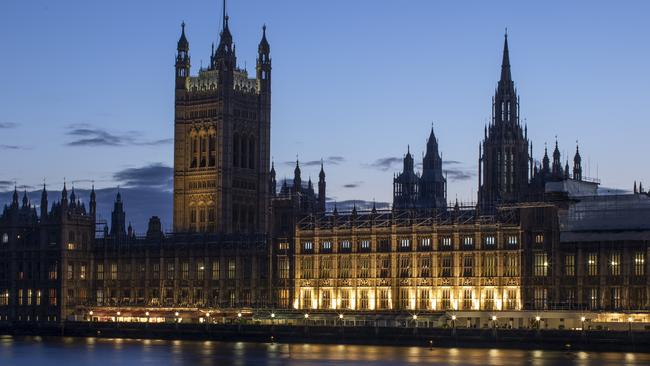
Who decides if there is an election?
The prime minister used to, but that changed when the coalition government introduced the Fixed-term Parliaments Act. Now either two thirds of MPs must call for one, or the government must lose a confidence vote and efforts to form a new government fail within 14 days.
â° What’s the time? â°
— Conservatives (@Conservatives) October 22, 2019
âœ”ï¸ Time to #GetBrexitDone. pic.twitter.com/qctmmkQRL5
What does that mean?
In practice it means the opposition can veto an election. Boris Johnson was defeated twice last month when he tried to force an election to “break the deadlock” in the Commons. Jeremy Corbyn says he wants an election but will not allow one until no-deal is “taken off the table”.
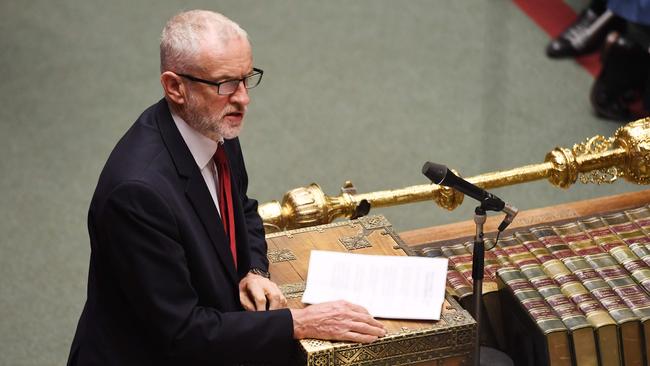
What will Labour do?
Mr Corbyn has some room to refuse an election by defining “off the table” as he sees fit. If the EU insists on a long extension he would struggle to refuse a poll. A shorter extension would allow him to say that no-deal was still a possibility.
Does Labour really want an election now?
Although Mr Johnson says he wants Brexit done and Mr Corbyn says he wants an election, in many ways their interests are the other way round. For Mr Johnson, a “people v parliament” campaign appealing for a mandate to overcome Remainer resistance offers a clearer path to a majority than fighting a post-Brexit election on domestic issues. For Mr Corbyn, Labour’s agonised position has seen him lose support on both sides, making a fight where he can blame the Tories for Brexit while switching focus to the NHS appealing.
Could Johnson force an election by asking his MPs to vote against him in a confidence vote?
This is theoretically possible, but it runs the risk of opposition parties uniting to install a caretaker prime minister during the 14-day negotiation period in order to reopen talks with the EU.
The Times


